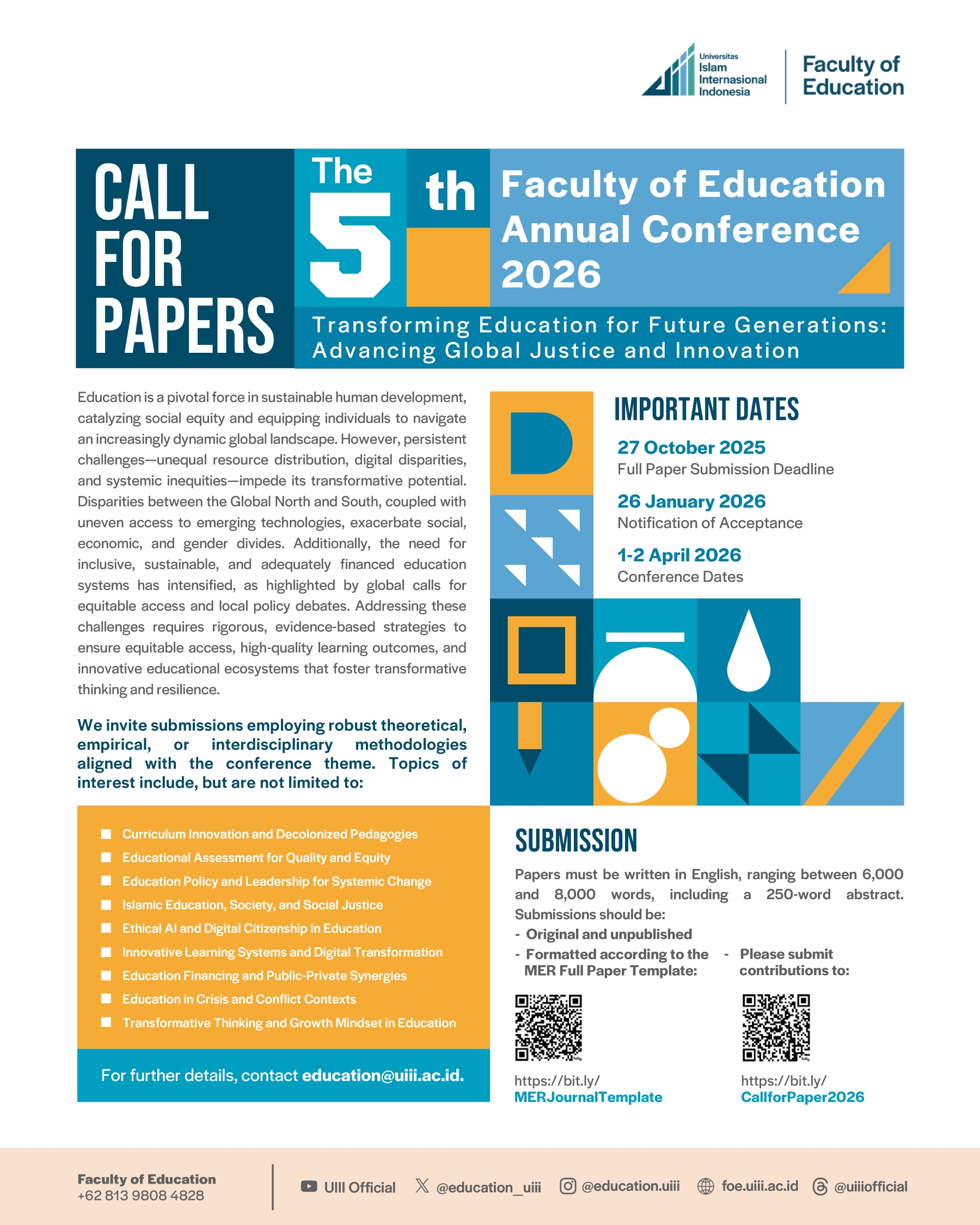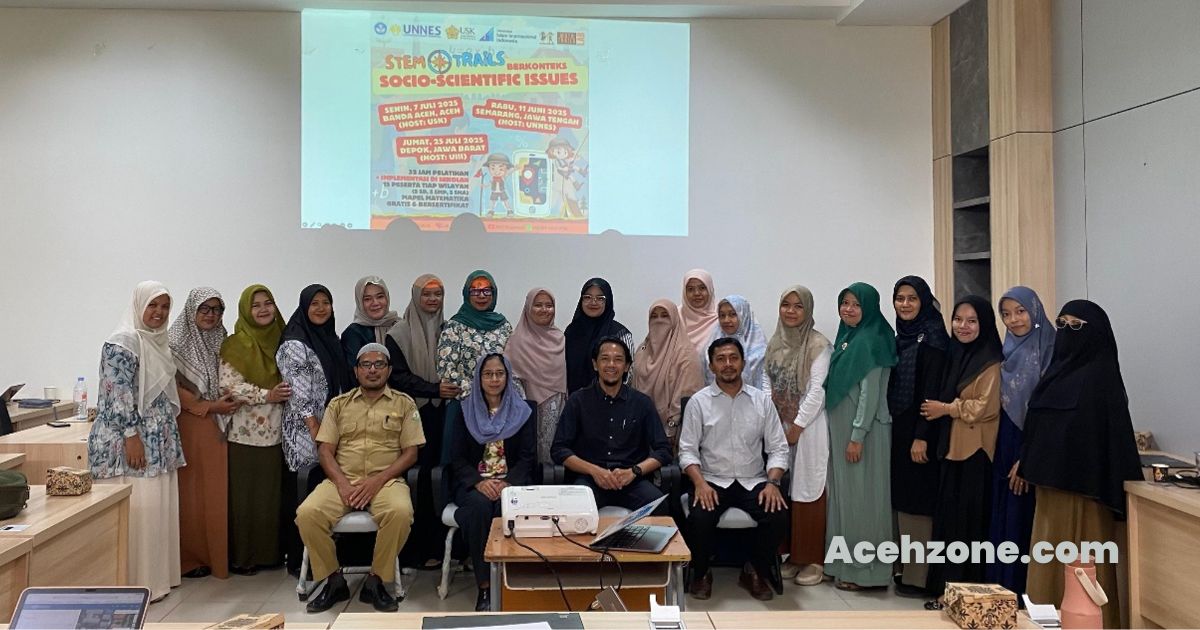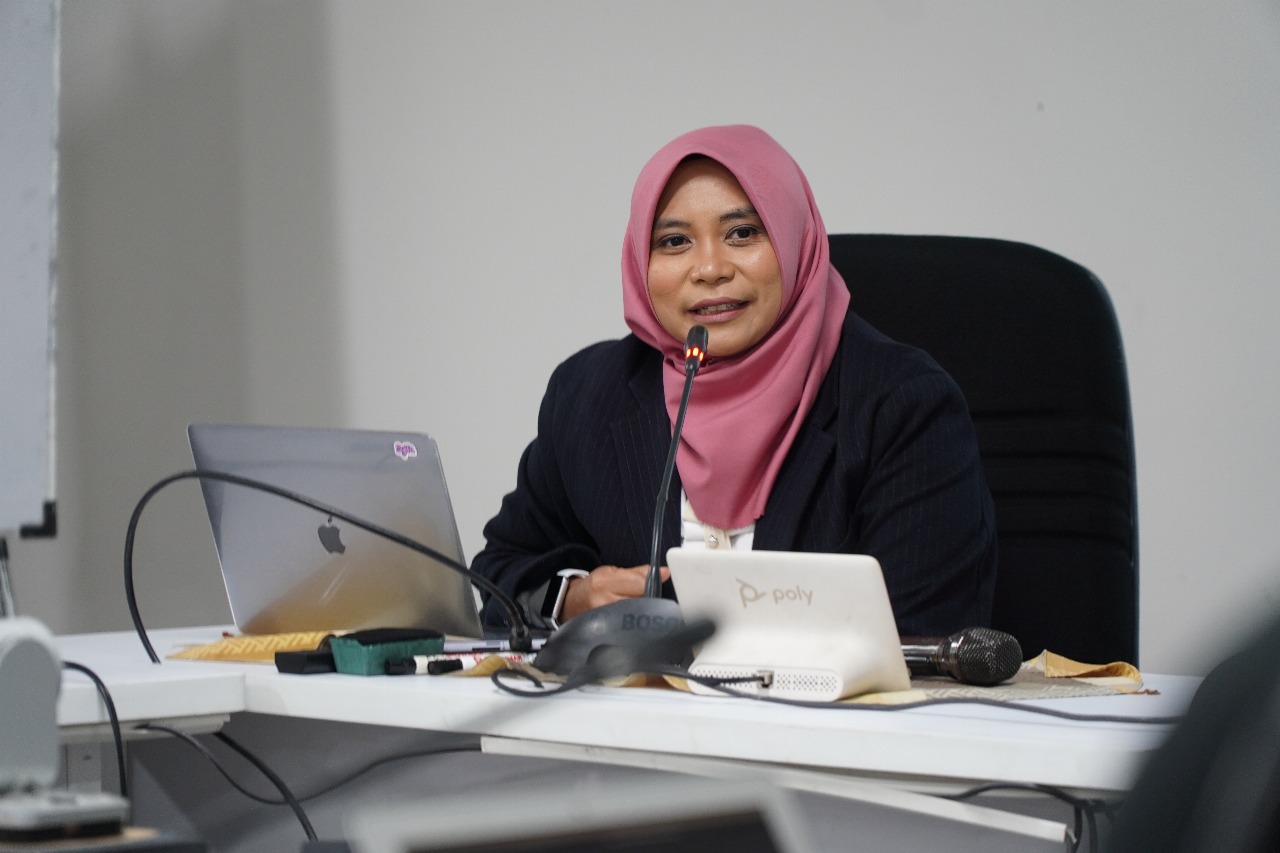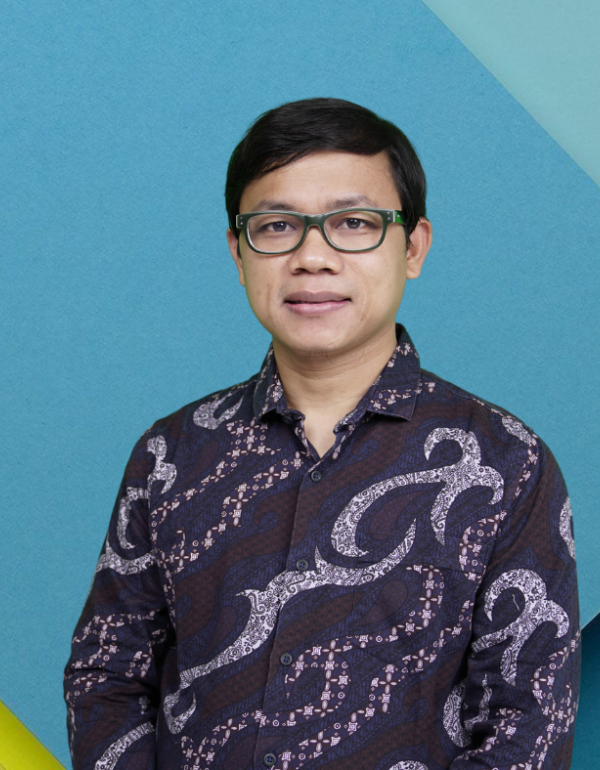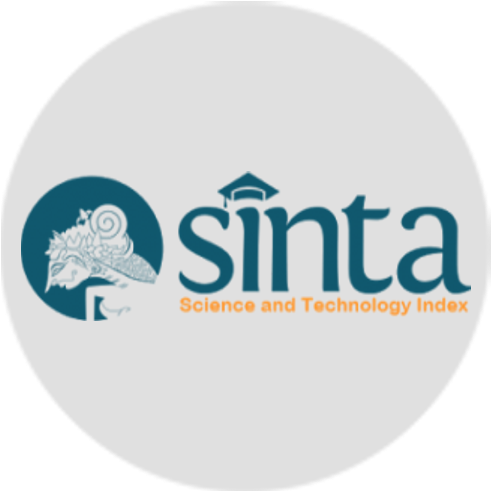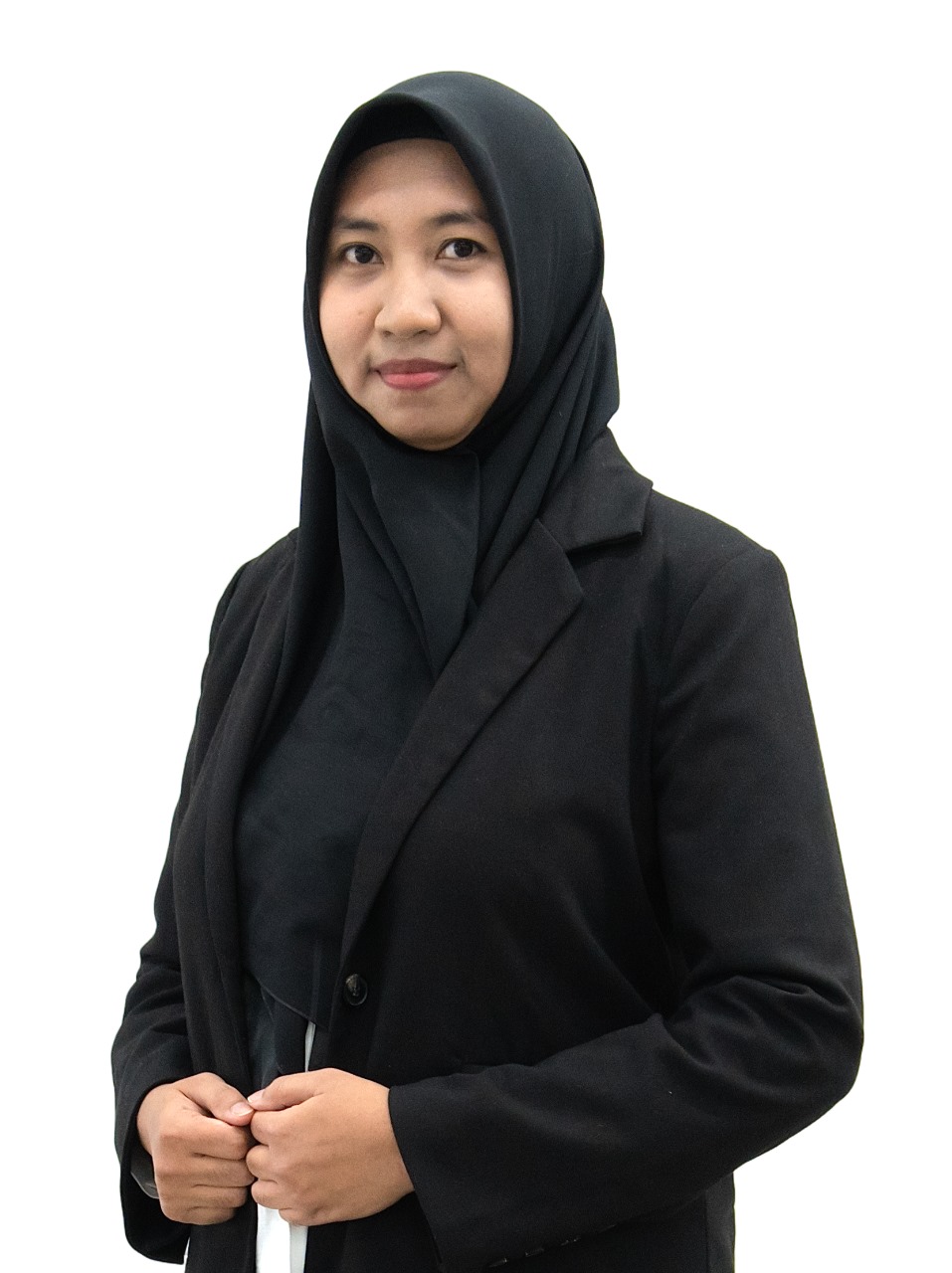Administration and Academic Forms
Administration and Academic Forms
Providing easy access to essential academic documents and procedures, streamlining administrative tasks for students.
Newsletter 2025-2
July 1, 2025
Nurturing Critical Consciousness through Faith: Integrating Fitrah-Based Education in the Transformation of Islamic Early Childhood Education
 Ferdiana, Ajeng. (2025). Nurturing Critical Consciousness through Faith: Integrating Fitrah-Based Education in the Transformation of Islamic Early Childhood Education. SEA-CECCEP. 6. 162-175. 10.70896/seaceccep.v6i01.114.
Ferdiana, Ajeng. (2025). Nurturing Critical Consciousness through Faith: Integrating Fitrah-Based Education in the Transformation of Islamic Early Childhood Education. SEA-CECCEP. 6. 162-175. 10.70896/seaceccep.v6i01.114.
Abstract
Early childhood Islamic education is important because it influences children’s spirituality, character, and worldview. However, in practice, many early childhood education institutions in Islamic countries are still oriented towards a memorization and dogmatic approach, which provides little space for the development of children’s critical thinking from an early age. This article aims to examine the integration of a fitrah-based education approach in transforming early childhood Islamic education, with a focus on its potential to foster critical awareness rooted in faith. This study employs a qualitative method, drawing on literature reviews, a case study, and interviews with the management and a teacher of the BATAS Study. This early childhood education institution implements a fitrah-based education approach. The results of the study show that education based on fitrah can encourage children to think reflectively, understand values contextually, and internalize Islamic spirituality meaningfully. The main challenges include changing the role of teachers from being full authorities in learning to facilitators and nurturers of the child’s maximum potential. The BATAS Study offers a real-life example of how integrating faith, freedom of thought, and emotional guidance can shape children into independent, empathetic, and socially aware individuals. This article recommends a more transformative and dialogical approach to Islamic education, one that humanizes children from an early age, aligning with their inherent nature.
Budi Waluyo, Ph.D.
University of Leicester, United Kingdom. 29/01/2021
Master
Prasetiya Mulya University, Indonesia. 15/06/2009
Bachelor
State College of Accounting, Indonesia. 17/05/2005
Polytechnic of State Finance STAN, Jakarta. 2023 – Present
Assistant Professor
Polytechnic of State Finance STAN, Jakarta. 2020 – 2022
Teaching Assistant
School of Business, University of Leicester, United Kingdom. 2017–2019
Lecturer
State College of Accounting, Jakarta. 2006–2015
https://drive.google.com/file/d/1qTjGesF0huj_4aoKJgT1JMnT4r4xKuZp/view?usp=sharing
Waluyo, B. (2022). The tides of agencification: Literature development and future directions. International Journal of Public Sector Management, Vol. 35 No. 1, pp. 34–60.
https://doi.org/10.1108/IJPSM-04-2020-0105
https://drive.google.com/file/d/1FBtk1x7YuOCdBQCZ6s7n3eEobo8wJWS7/view?usp=sharing
Waluyo, B. (2021). Accounting standards for semi- utonomous agencies: experiences and lessons from Indonesia. The Indonesian Journal of Accounting Research, Vol. 24 No. 3, pp. 321–348. https://doi.org/10.33312/ijar.539
https://drive.google.com/file/d/131CrZhcSy5s1gNY9pRdoBUeSWd6yVKky/view?usp=sharing
Waluyo, B. (2018). Balancing financial autonomy and control in agencification: Issues emerging from the Indonesian higher education. International Journal of Public Sector Management, Vol. 31 No. 7, pp. 794–810.
https://doi.org/10.1108/IJPSM-10-2017-0272
https://drive.google.com/file/d/1JZuC7L-_yJ-ZJtZBJ7ZcPH817aJj5V2l/view?usp=sharing
Taufik Ikhsan Slamet, Ph.D.
Indiana University Bloomington, IN, USA (2019-2024)
MA in Instructional Technology
Universitas Negeri Malang (2010-2012)
BA in Educational Technology
Universitas Pendidikan Indonesia (2005-1010)
Department of Educational Technology, State University of Malang, Indonesia
Associate Instructor (August 2021 - May 2023)
Instructional Systems Technology dept., School of Education,
Indiana University Bloomington, IN, USA
Graduate Research Assistant (January-December 2021)
Applied Health Science dept., School of Public Health,
Indiana University Bloomington, IN, USA
University Instructor (September 2014 - August 2015)
Department of Computer Education and Informatics, Surya College of Education,
Tangerang, Indonesia
Training Analyst (Sept 2012 – Dec 2013)
Daya Indosa Pratama, IT Solution Provider for Healthcare and Education, Indonesia
Slamet, T. & Meng, Chen. (in press). Gamification in Collaborative Learning: Synthesizing Evidence through Meta-Analysis. Journal of Computers in Education.
Slamet, T., Brush, T., & Kwon, K. (2024). The Effects of Competition in Gamified Online Discussions on Learners’ Behavioral and Cognitive Engagement. Technology, Knowledge and Learning, 1-27.
Learning Design and Technologies
This course introduces the basic principles of learning, instruction and curriculum design and guide students to be able to develop materials to support teaching and learning within the educational context. This course will be focus on the application and evaluation of technologies
and multimedia in the development of materials design and production
Educational Policy Analysis
This course is part of the program concentration for the Master of Arts in Education at Indonesian International Islamic University. It gives the student the opportunity to have a clear understanding of how policy formulates and develops in the context of a formal education setting, how policy works in education, how to analyze educational policies, and identification of who are the key interest groups and players are in the making of educational policy. The course is designed for students who likely seek to become policy analysts, researchers, or leaders in educational setting.
Education and Society
This course examines the relationships of education and society with the use of interdisciplinary approaches, since education as a discipline spans the life course and happens in many contexts within society along with its social and political dynamics. This course offers students both theoretical overview and empirical observation on how education shapes societal development and social progress by addressing various essential issues e.g. how education creates good citizens and fosters good society, how education applies in diverse cultures of a society, how education promotes social mobility and alleviates poverty, the creation of middle-class groups, economic development and individual’s income, private and social benefits of education, how education promotes political
democracy, and others.
The course sessions will also address some specific questions, among others: How should educational institutions be developed in order to play a role in making progress, improving welfare, social cohesion, social justice, and gender equality? Why do certain educational institutions with certain orientation grow and become mainstream in a society, whereas others decline or even be marginalized? The course also observes education and society by taking comparative studies in the contexts of Asian, African, and several Western countries. Given the increasing importance of the Muslim community in recent times, the course also examines a number of case studies of education in Muslim societies or in Muslim-majority countries. As the global communities have a great deal of attention for decades to education focusing on developing countries, this course will also address the role of the international agencies e.g. UNICEF, UNDP, UNESCO, the World Bank in promoting quality education for a country’s development. The main focus of this part is on the important role of international development partners in promoting quality education for the betterment of a nation. The course will be enriched with cross-subject analyses through the lenses of anthropology, sociology, political science, economics, and history.

